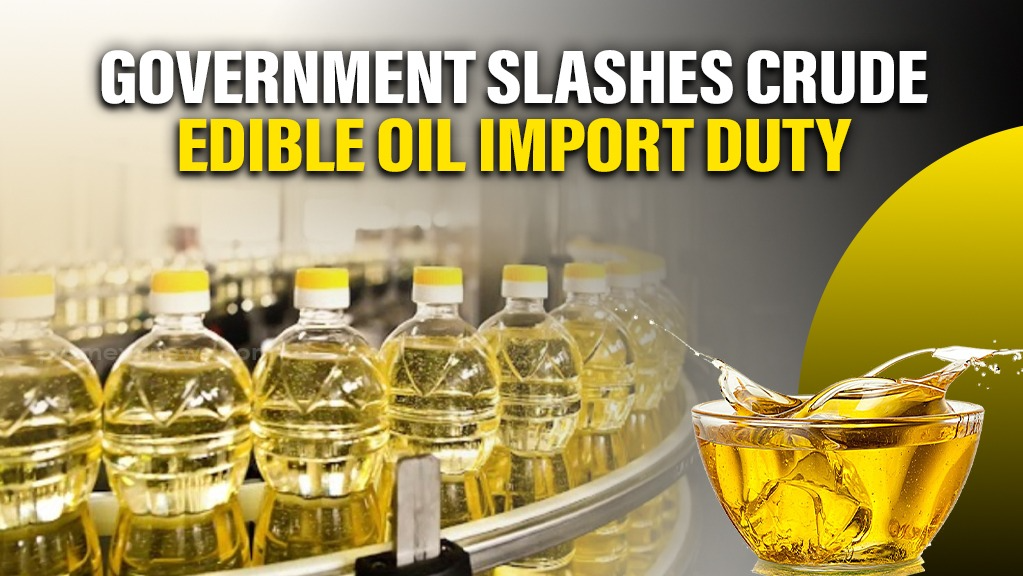

India Cuts Import Duty on Crude Edible Oils to Stabilize Prices, Boost Local Refining
The Indian government has significantly reduced the basic customs duty on crude edible oils from 20 percent to 10 percent, a move aimed at curbing food inflation and strengthening the domestic refining industry. While this decision is expected to lower the cost of imported crude oils, it also raises considerations regarding its impact on domestic oilseed farmers and the nation's long-term goal of achieving self-reliance in edible oil production.
Revised Import Duty Structure Aims to Boost Domestic Refining
With this revision, the total effective import duty on crude edible oils—which includes the Agriculture Infrastructure and Development Cess and Social Welfare Surcharge—now stands at 16.5 percent, down from the previous 27.5 percent. Importantly, the import duty on refined edible oils remains unchanged at 35.75 percent. This creates a wider duty differential of 19.25 percent between crude and refined oils, a measure specifically designed to incentivize the import of crude oils for processing within India, thereby promoting value addition and employment. The government also hopes this will address trade imbalances caused by an influx of refined oils imported under zero-duty provisions of the South Asian Free Trade Area (SAFTA).
Mixed Reactions
The Indian Vegetable Oil Producers’ Association (IVPA) has lauded the government's decision as a "bold and historic move" consistent with the 'Make in India' initiative. IVPA President Sudhakar Desai stated that the increased duty differential would protect the domestic sector from injurious refined oil imports and ensure fair prices for both consumers and oilseed farmers. According to IVPA data, imports of refined palm oil had surged significantly in recent months, largely due to SAFTA provisions.
However, concerns have been voiced that reducing import duties on crude edible oils might make it challenging for Indian farmers to secure remunerative prices for their oilseed crops, potentially conflicting with the national policy of achieving self-sufficiency. This comes just days after the government announced increased Minimum Support Prices (MSP) for several Kharif oilseed crops.
India, as the world's largest importer of vegetable oils, faces a delicate balancing act. The government's latest policy adjustment on import duties seeks to provide immediate relief from food inflation and stimulate domestic industry. However, its long-term impact on agricultural self-reliance and the welfare of oilseed farmers will be closely monitored as India continues to navigate its significant dependence on edible oil imports.